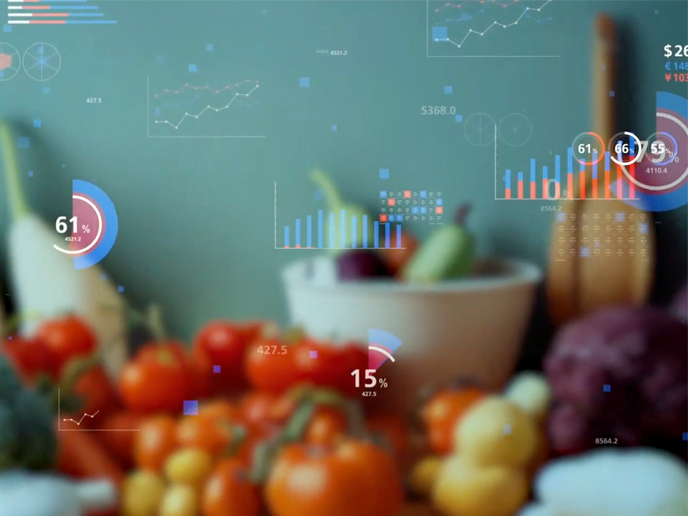Personalised digital companion helps us become better fact-checkers
Social media has created a world in which people like to share and share to like. It has also facilitated the spread of misinformation, which easily confuses people, causes economic and material losses and impacts physical health and mental wellbeing. Hoaxes and rumours spread quickly on social media which is configured to prioritise instant reactions. In response to the rapid spread of misinformation online, the EU-funded Provenance(opens in new window) project has developed a digital content verification system. “Research on disinformation is new, and there is a lot we do not know, but evidence from current research supports the Provenance approach,” said Jane Suiter, PI and director at the DCU Institute for Future Media and Democracy and Society. “For example, people seem to be bad at spotting disinformation in ordinary circumstances, but when they are asked to stop and think, they are pretty good at it. This is the basic idea of Provenance.” Simply put, Provenance is an intermediary-free solution that gives greater control to users of social media. Almost like a nutritional label, users receive a simple, graphical guide with information about the source and history of a piece of content. According to project researcher, Kirsty Park, this approach ensures that both innovative technologies and media literacy competencies can work in tandem rather than in opposition to one another. She explained: “Critically, the verification tools that we have developed within Provenance don’t tell users what to think, but rather help them navigate content and develop digital literacy competencies as they browse the web and social media by prompting them to stop and think.”
Your personalised digital companion
The personalised digital companion developed by Provenance provides users in situ support when interacting with news content on the web. A software component (plug-in) adds a special feature: it builds a user model that can also evolve. So, if someone shows an interest in vaccines and vaccine science, this interest will be reflected in their user profile. The personalised digital companion and plug-in provide users information about the online news information they are interacting with. It also offers guidance tailored to their level of expertise. “If a piece of content triggers a warning within the system, the user can click on the Provenance icon to access a summary of what we know about the content,” explained Eileen Culloty, a member of the project’s management team, and post-doctoral researcher at the DCU Institute for Future Media Democracy and Society. “This summary of information is divided into categories – general information, source information, and information about language and visuals. Finally, the end user can click on the icons to find out why we have attributed the warning, which supports learning about media literacy.” The verification components do not identify whether something is disinformation or not, but they inform a user if a piece of content has qualities which are associated with disinformation, according to Brendan Spillane, a Research Fellow in the ADAPT Centre based in the School of Computer Science and Statistics in Trinity College Dublin, and also part of the Provenance research team. He explained: “Users will be informed if an article uses informal language which does not conform to journalistic norms or if the images used have been manipulated in some way.” All this information is analysed and stored in a knowledge graph that is made available through a linked data interface. This is how the end user receives feedback about what the system knows about a piece of content.
There’s life after the project
Coordinated by DCU, the work has been spread across a number of partners. Trinity College Dublin and NewsWhip developed a social media monitor to track content that is trending. The Spanish partner, Everis, developed a blockchain registry for original content. Trinity College Dublin and the Czech Academy of Sciences worked to advance new tools for detecting manipulation. Despite the project’s completion in May 2022, consortium partners are embarking on new projects together, building upon the insights learned in developing Provenance. “We’re exploring exploitation opportunities. For example, the current system employs a rich knowledge graph that incorporates novel assessments of online content, such as entities reported elsewhere, writing quality and writing tone, all of which have applications in a variety of domains,” concluded Owen Conlan, technical lead at the ADAPT Centre at Trinity College Dublin.







